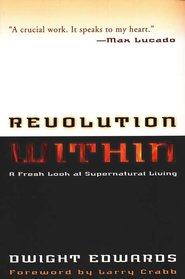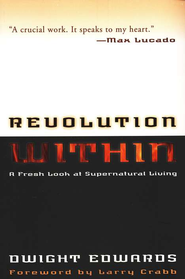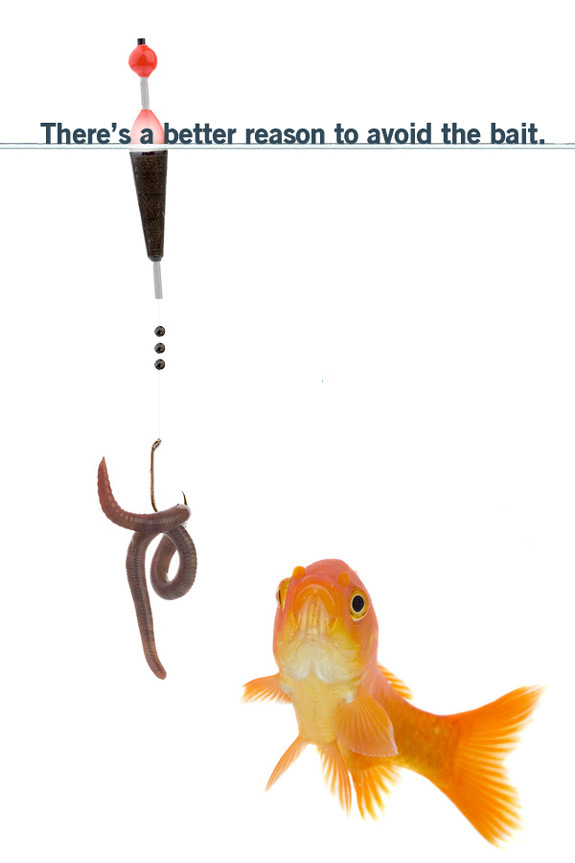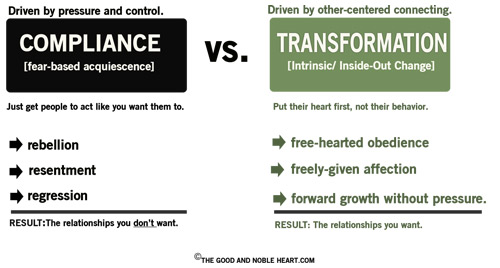
I think the greatest trick the enemy has pulled on Christians - especially committed followers of Christ - is to convince us to do our best. Really. It can take a hundred different forms - serve the world, be a good mother/father, live a holy life, witness for Christ, fight for justice.
[The enemy] appeals to the very passions within us to live as we long to live, and urges on onward. But it is absolutely deadly if any of these noble endeavors are what we are living for. The cunning, cunning shift, so brilliant, so subtle, is away from union with Christ to doing our best for Christ. - John Eldredge
Religious Pressure - Version 1.0
You experienced this when you diligently tried to make a go of the Christian life - serving on all the committees you were expected to, faithfully pursuing a 'quiet time' to demonstrate your committment to God, and by "raising the bar" on your prayer life. You got off the fence, got serious and ran hard for God so that you could one day hear him say, "Well-done, good and faithful servant."
Religious Pressure 1.0 is what the culture of Christian duty expected of us.
Religious Pressure - Version 2.0
But old habits die hard because it's possible, once you do understand that Christ replaced your diseased and wandering heart with a good and noble heart, to put pressure on yourself to live from your new heart. And, as the scientific community has known for the last forty years, a pressured demand to comply doesn't produce intrinsic [inside-out] motivation.
We're frankly surprised when we don't consistently choose the new resources and appetites of our new nature:
- We scold ourselves for habits we just can't seem to break, even with our new goodness.
- We interpret our failures through the lens of shame: "I'm still that kind of person."
- We redouble our efforts to "walk in the Spirit" while doubting our ability to do that.
Pressure enflames the flesh.
Yes, it is certainly counter-productive to live from old habits and fleshly thinking, but pressure to engage your new holiness will actually continue to engage your flesh and not your new goodness. It's like scolding a toddler for not walking when he falls back into a habit of crawling. You know he can walk, so damn it! Why isn't he walking?!
Patient encouragement is helpful: Pressure is not. Honey, not vinegar.
Beating a young colt
It's like beating a young colt for not having the stamina of the Preakness winner in the next stall. There's nothing wrong with the colt, he just needs a good trainer...and time.
So, whereas under Religious Pressure Version 1.0, we assumed all the wrong things about our heart - that it couldn't be trusted, that it would lead us into sin - we now vigorously demand that our new heart comply with the demand to run hard like we did under Version 1.0-- and we demand this from a heart that is still learning and trying finding its way.
... A heart that needs to feel safe in order to come out and play.
... A heart that wants to do right, and will lead you well as it learns to walk.
Union with Christ trumps doing your best for Christ. In fact, you don't need to worry about the second when you have the first. Enjoy the union and the rest will follow.
Update on Tuesday, June 26, 2012 at 12:20PM by
 Jim Robbins
Jim Robbins
For those sharp-eyed readers out there, yes - I did mistakenly spell "your" as "you're" in the title bar. Can't change it after it's been sent out, as it changed the link address. Even after multiple edits, these things slip past. ;)
 Wednesday, January 9, 2013 at 7:20PM
Wednesday, January 9, 2013 at 7:20PM  Jim Robbins
Jim Robbins
















































